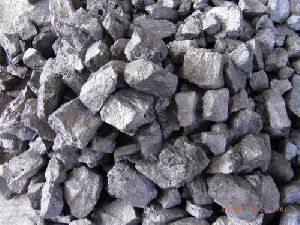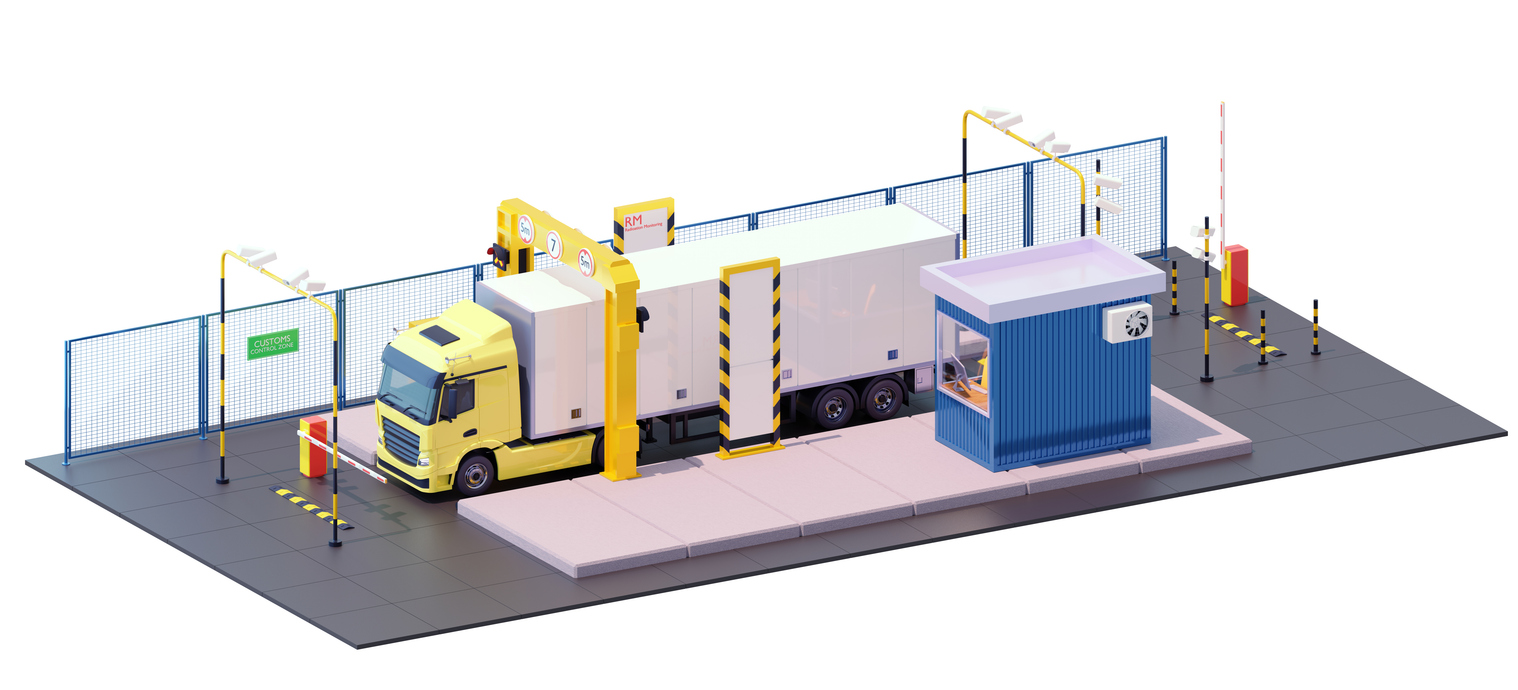How to buy and export Ferroalloys from Zimbabwe
The Definitive Guide to Buying and Exporting Ferroalloys from Zimbabwe
The global iron and steel industry is complex. This is particularly true when it comes to sourcing raw materials. There are a number of iron alloy products you might not have heard of, such as ferroalloys, that are an essential part of the iron and steel production process. They’re also commodities with a number of political implications for the companies that buy them, source them from, or sell them to third parties. Ferroalloys are residual metal compounds produced during the production of primary iron-based alloys (such as pig iron or sponge iron) or secondary steelmakers’ alloys (such as stainless steel). They’re used in everything from construction to car manufacturing and even chemical processing, which is why they’re so important to manufacturers who use them on a regular basis.
What is a Ferroalloys?
Ferroalloys are a group of metal compounds used to make iron and steel more suitable for a range of applications. The main types of ferroalloys are: – Alumina – Alumina is added to iron during the production of cast iron to increase the strength and hardness of the final product, making it suitable for use in heavy equipment. – Boric Acid – Boric acid is added to steel during the production process to increase the resistance to corrosion. It’s commonly used in the production of stainless steel because it reduces the amount of chromium necessary to achieve the same result. – Calcia – Calcia is added to steel to reduce the amount of carbon necessary to produce an alloy. The result is a softer, easier to form alloy that can be used for a variety of applications. – Magnesia – Magnesia is added to iron to produce a more durable, stronger alloy that is resistant to corrosion.
Ferroalloys from Zimbabwe: Why You Should Care
Ferroalloys come in a variety of forms and they’re used in everything from construction to car manufacturing and even chemical processing. That makes them an important part of the global economy. The stronger a country’s economy, generally speaking, the more likely they are to source their ferroalloys domestically. The weaker a country’s economy, the more likely they are to source ferroalloys from a third party. Wealthy nations such as the United States, China, and Germany are net importers of ferroalloys. This means that they import more ferroalloys than they export. Poor nations such as Zimbabwe and Democratic Republic of the Congo (DRC) have weak economies and don’t have the resources or the ability to produce enough ferroalloys for their domestic needs. In these cases, ferroalloys are exported. This is why ferroalloys are important to monitor for anyone buying or selling them. It’s a good indicator of the strength of a country’s economy.
3 Important Things to Know Before Buying Ferroalloys in Zimbabwe
Zimbabwe is a good place to buy ferroalloys, but before you do, make sure to follow these tips: – The ferroalloys market is highly regulated. This makes pricing fluctuate based on the availability of regulated supply and demand. Because of this, there’s not an ideal time to buy ferroalloys. Instead, you should monitor the market and try to get them at the best price possible. – Make sure you buy from a legitimate supplier. It’s important to vet your suppliers before making a purchase. This will help you avoid potential fraud and get what you’re paying for. – Know the difference between ferroalloys and other products. Ferroalloys are used in the production of iron and steel to make them more durable. Other products, such as manganese and silicon, are used in the production of ferroalloys.
The Pros and Cons of Exporting from Zimbabwe
Zimbabwe is primarily a ferroalloys exporter. It’s also a major producer of chrome ore and other minerals used to source ferroalloys. This makes it a good place to source ferroalloys. The country also has a long history of mining, which means that it has plenty of experience sourcing, transporting, and storing ferroalloys. This makes it a safe and reliable place to source from. This being said, Zimbabwe’s poor economy has led to issues in its mining industry in recent years. These issues have made it difficult for the country to source ferroalloys and export them to its customers. In addition to this, the government has also had to shut down the country’s borders and restrict access to the country from time to time due to political issues. This has made it difficult for companies to source ferroalloys from Zimbabwe and has made the country a risky place to export to.
How to Find the Right Supplier and Export to Zimbabwe
Zimbabwe is a difficult place to source from and an even more difficult place to export to. This is why you should find a reliable agent/distributor to help you navigate these waters. The best way to find a distributor is by using an online sourcing tool like GlobalSources. This database includes companies that source, manufacture, and distribute ferroalloys and other products related to the iron and steel industry. You can use this tool to find a distributor in Zimbabwe and get contact information. You can then follow these steps to export to Zimbabwe: – Get a verified membership with GLOBAL 2.0. Membership in GLOBAL 2.0 is free and you can use it to verify your company and get assistance with exporting. – Find a distributor to help you navigate the Zimbabwean market and buy your ferroalloys. This will ensure that you’re using a reliable, legitimate distributor that can get you what you need. – Get a Zimbabwean trading license. This is mandatory if you want to export to Zimbabwe.
Conclusion
Ferroalloys are an important part of the global iron and steel production process. They’re a key indicator of the strength of a country’s economy and are important for manufacturers who use them. The best way to source ferroalloys is to follow the market and get them at the best price possible. The best place to source them from is Zimbabwe, if you can navigate the difficult political climate and get a license to export there.







LEAVE A COMMENT
You must be logged in to post a comment.